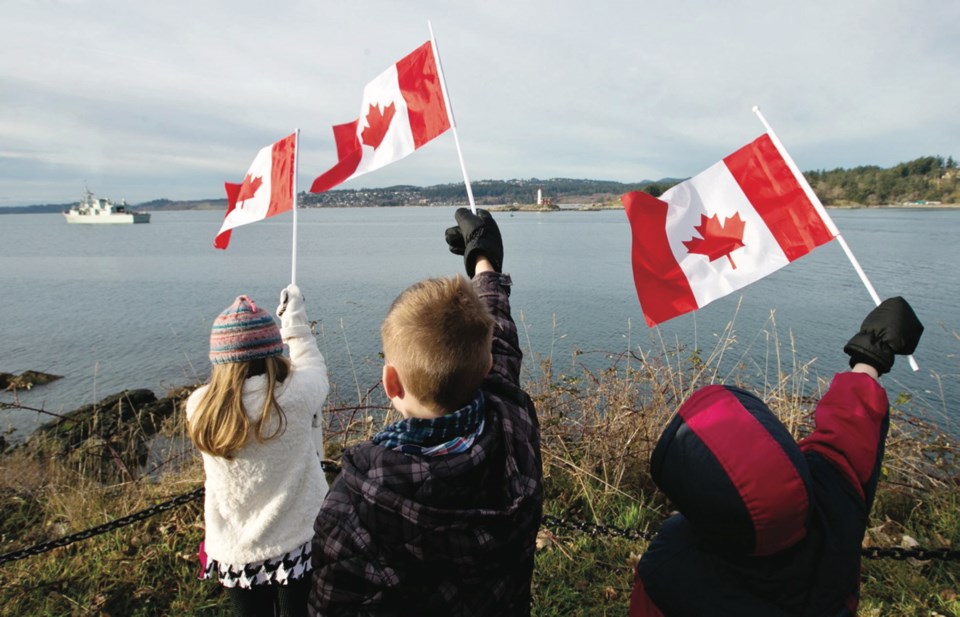Sailors away from their families for stretches of time during deployment at sea have one less worry knowing their loved ones have access to a range of resources to ease the pain of separation.
A sailor’s life is frequently a life at sea. More often than not, it also means they are separated from their loved ones for months at a time. To assist military families, the Department of National Defence established the Military Family Support Program in 1991, creating Military Family Resource Centres at Canadian Forces bases across the country. The centres are non-profit charitable organizations supported by the community. The Esquimalt centre is one of 43 in ��ѻ��ý and abroad.
“When we support the parent and child, we also support the parent who is away,” said Linda Scott, program director for the Esquimalt Military Family Resource Centre. “Personnel at sea need to focus their attention to work. They can do that better when they know their family are being looked after.”
The centre serves more than 3,000 families.
The Victoria Foundation was instrumental in providing funding for a program with far-reaching implications. Between 2011 and 2012, the centre launched Parenting the Military Child, an initiative aimed at developing support and reducing the stress on children with the extended absence of a parent at sea.
“Military families are extremely resilient, but we wanted to set in place a platform for them to connect with each other. We had weekly get-togethers to let them know the services available and give them the support they needed,” said Scott.
But another meeting was equally as constructive. While their parents were in a meeting on how to cope with the challenges of a spouse at sea, children got to meet others in the same boat as themselves. The simultaneous meetings took place literally down the hall from each other — so if a child became fussy or just wanted assurance, their parent could be available for some comforting at a moment’s notice.
Over time, the children would look forward to accompanying their parent to the meeting, just so that they could spend time with their new buddies.
“At school, the children might be the only one in their class to have a parent absent from home, but here they were among peers.”
Because mothers were confident the children would be taken care of during their time attending meetings and workshops put on by the centre, attendance at events more than doubled after the implementation of the program.
“Parents reported they felt more comfortable knowing their children were OK,” said Scott.
The program enabled parents to network amongst themselves, forming mutual groups to help each other out when incidents came up, such as when a child is sick or when a parent is late to pick up a child.
While the program ended nearly two years ago, the success of the program prompted the resource centre to continue to offer many of the same services.
“Attendance has remained high even after the end of the program,” said Scott. “The original initiative’s success has spawned an umbrella of services that continues to serve and support families of military personnel at sea.”



